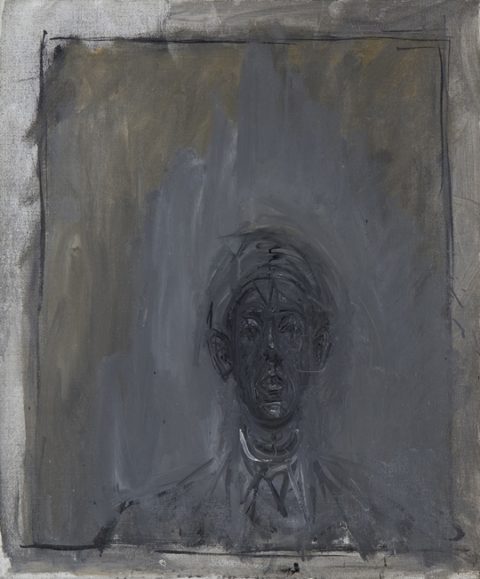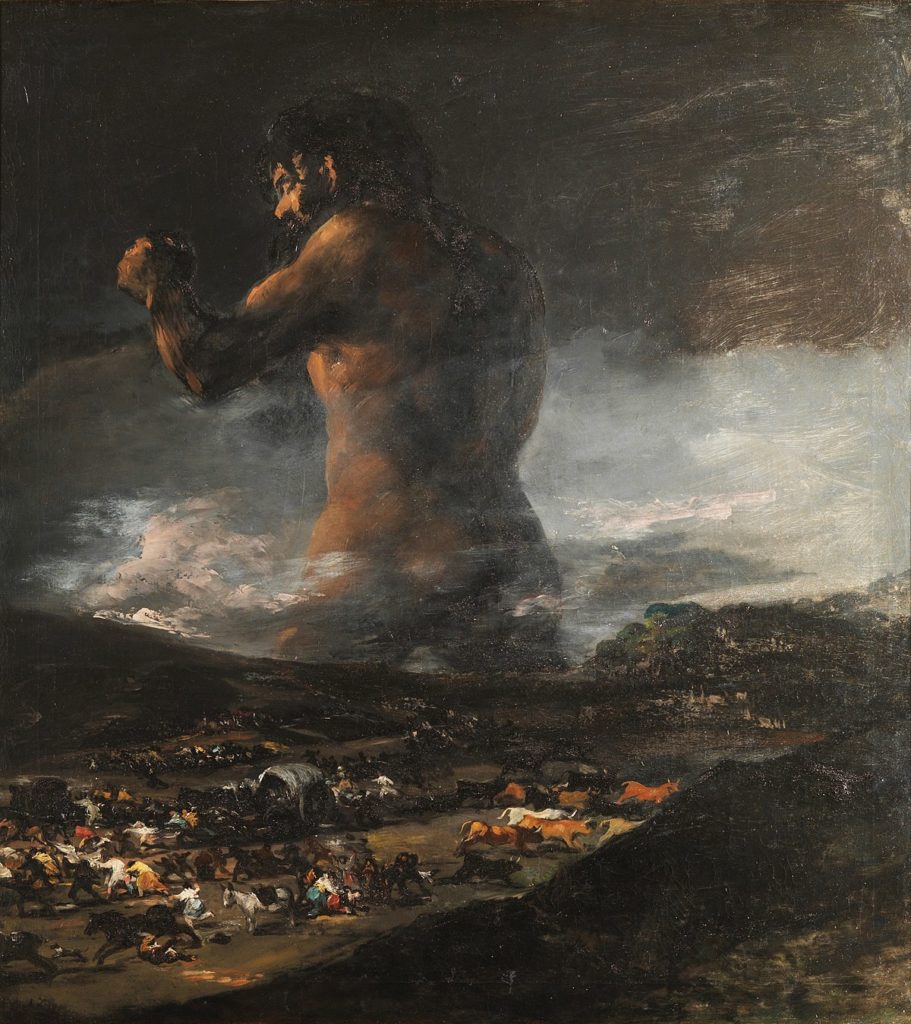“I wish I could count up to one without first cutting off nine of my fingers” Bill Knott (Stumped, from Collected Poems) "...his { Freud's} creation, psychoanalysis, made an incontrovertible contribution to the radical avant-garde that was transforming almost every realm of European culture. Indeed, 'The Interpretation of Dreams' and 'Ulysses' are cut from the same cloth." Joel Whitebook (The Marriage of Marx and Freud: Psychoanalysis and the Frankfurt School) "It is our occidental idea of art that has caused us to lose culture...To our inert and disinterested idea of art an authentic culture opposes a violently egoistic and magical, i.e., interested idea.'' Antonin Artaud … [Read more...]
Selfie Death Trip
"In every one of the great scenes of Genesis and Exodus there exists a theme or a quasi-theme of the founding murder of expulsion. Obviously, this is most striking in the expulsion from the Garden of Eden; there, God takes the violence upon himself and founds humanity by driving Adam and Eve far away from him." Rene Girard (Things Hidden Since the Foundation of the World) "The table may have disappeared, but the séance continues regardless.” Malcolm Bull (The Concept of the Social Scepticism: Idleness and Utopia) "Among students of culture, the body is an immensely fashionable topic, but it is usually the erotic body, not the famished one." Terry Eagleton (After Theory) "There … [Read more...]
Vanished
“It is by avoiding the rapid decay into the inert state of ‘equilibrium’ that an organism appears so enigmatic.” Erwin Schrodinger (What is Life?) "This rationale holds that the conditions of social life will, in fact, be far less encumbered by atavistic allegiances, xenophobic nationalism, racism and sexism. in direct proportion to the preponderance of market rationality as the basis for allocating social goods. The market alone can achieve the kind of smooth equilibrium that always must elude the irrationality of state, management, coordination, and control." Samir Gandesha (Identifying with the Aggressor) “You don’t need to worry, you will not die until you have finished … [Read more...]
The Savage Judge
"Not only are his fellow men unconscious of his presence, but all animate nature has cast him out: no bird or living creature acknowledges his being.” George Frederic Watts (speaking of the Biblical figure of Cain, quoted by John Berger, Landscapes) "Righteous art thou, O Lord, when I plead with thee: yet let me talk with thee of thy judgments: Wherefore doth the way of the wicked prosper? wherefore are all they happy that deal very treacherously?" Jeremiah, 12 “To make money honestly is to preach the gospel.” Russell Conwell (Acres of Diamonds, quoted by Eugene McCarraher, The Enchantments of Mammon) “Withhold not correction from the child, for if thou beatest him with the rod … [Read more...]
The Apocalyptic Fear
"There is no meaning to the objective existence of an electron at some point in space, for example at one of the two holes, independent of actual observation. The electron seems to spring into existence as a real object only when we observe it!" Heinz Pagels (Quoted by Paul Davies, The New Physics) "The basic commitment is that the fundamental constituents of reality — perhaps electrons and quarks — have incredibly simple forms of experience." Phillip Goff (Galillo's Error) "What contemporary society still gives that is good and beautiful comes from its humanistic roots from an ancient, poor and religious world. But the consumer society is irreligious, and therefore arid." Pier … [Read more...]
Unknowable
"What can be done?“ said Zeus, “for all is given; The crops, the hunt, the marts are no more free." Friedrich Schiller (The Division of the World, tr. Wm Wertz Jr.) " W.E.B. Du Bois deciding he had “not been Freudian enough” when he observed the body parts of a lynched Negro displayed in a local store." Eli Zaretsky (Political Freud) "Among the precepts of the Moses religion there is one that is of greater importance than appears to begin with. This is the prohibition against making an image of God—the compulsion to worship a God whom one cannot see." Sigmund Freud (Moses and Monotheism) "Philosophers constantly see the method of science before their eyes and are irresistibly … [Read more...]
Houses of Eternity
"Art is the exposure to the tensions and problems of a false world such that man may endure exposing himself to the problems and tensions of the real world." Morse Peckham (Man's Rage Against Chaos) "The study of Homer and Picasso are once again a class prerequisite, a luxury for the wealthy." Curtis White (Bad Science of Something Else? Orion Magazine) “...the thinkers, the artists and the heroes { } ...They are lonely, self-centred, not by choice but by necessity. Genius has no place for team-work. Poets and prophets do not go into committees." Sarvepalli Radhakrishnan (An Idealist View of Life) “Our critique of science, technology and the industrial system is a critique of … [Read more...]
The Child in the Tree
"Unless the Almighty Maker them ordain/ His dark materials to create more worlds,--/ Into this wild Abyss the wary Fiend/ Stood on the brink of Hell and looked a while,/ Pondering his voyage; for no narrow frith/ He had to cross." John Milton (Paradise Lost) "We don’t just talk anymore, we run programs. Whom do they serve?" Jonathan Beller (Digitality and the Media of Dispossession) "Bad philosophers are like slum lords." Ludwig Wittgenstein ( Lectures on the Foundations of Mathematics) "Our supposedly algorithmic culture is not a material phenomenon so much as a devotional one, a supplication made to the computers people have allowed to replace gods in their minds, even as they … [Read more...]








